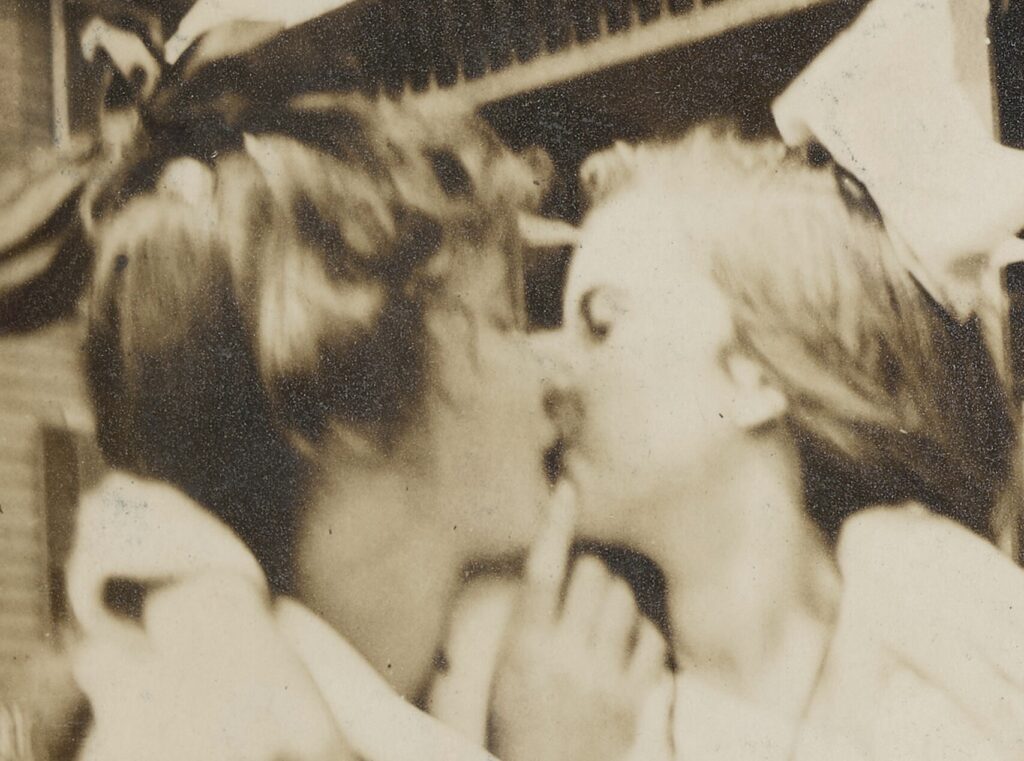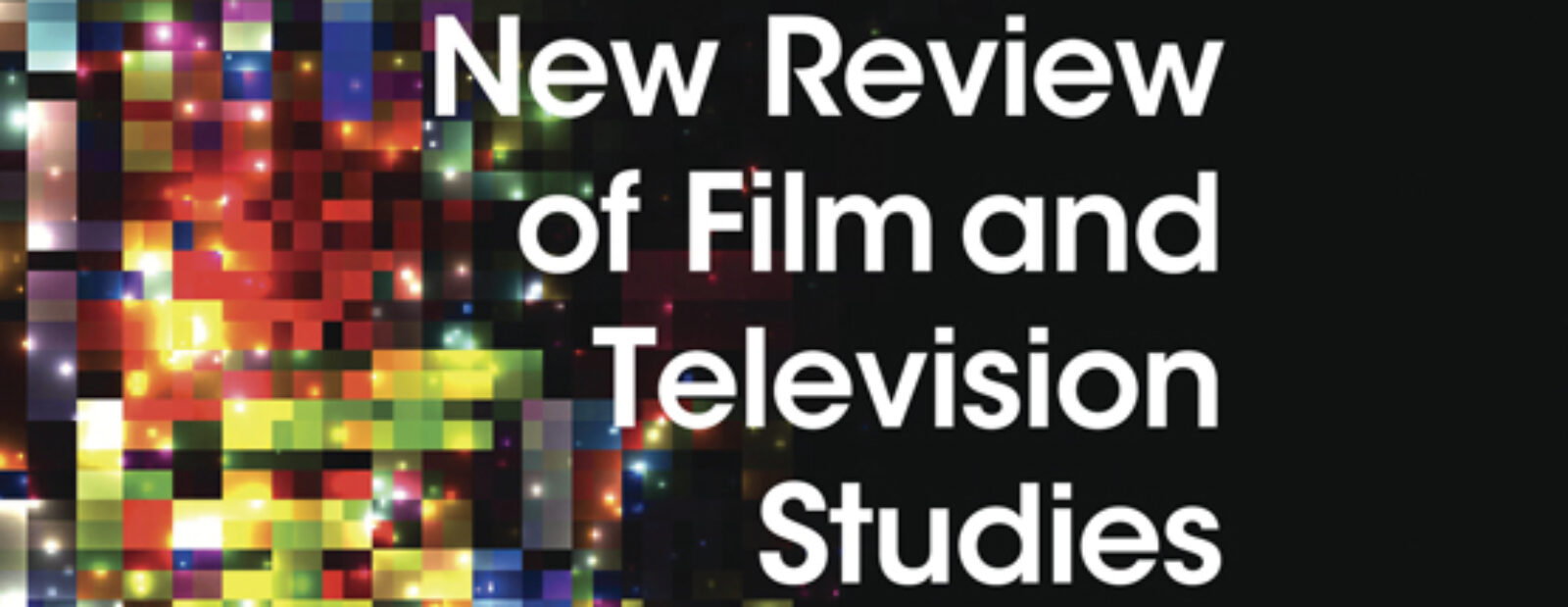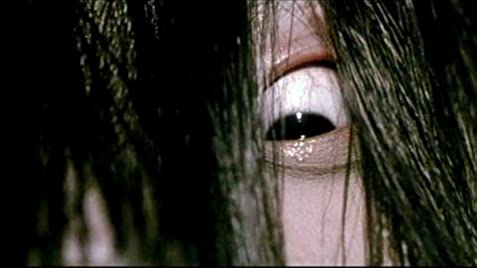
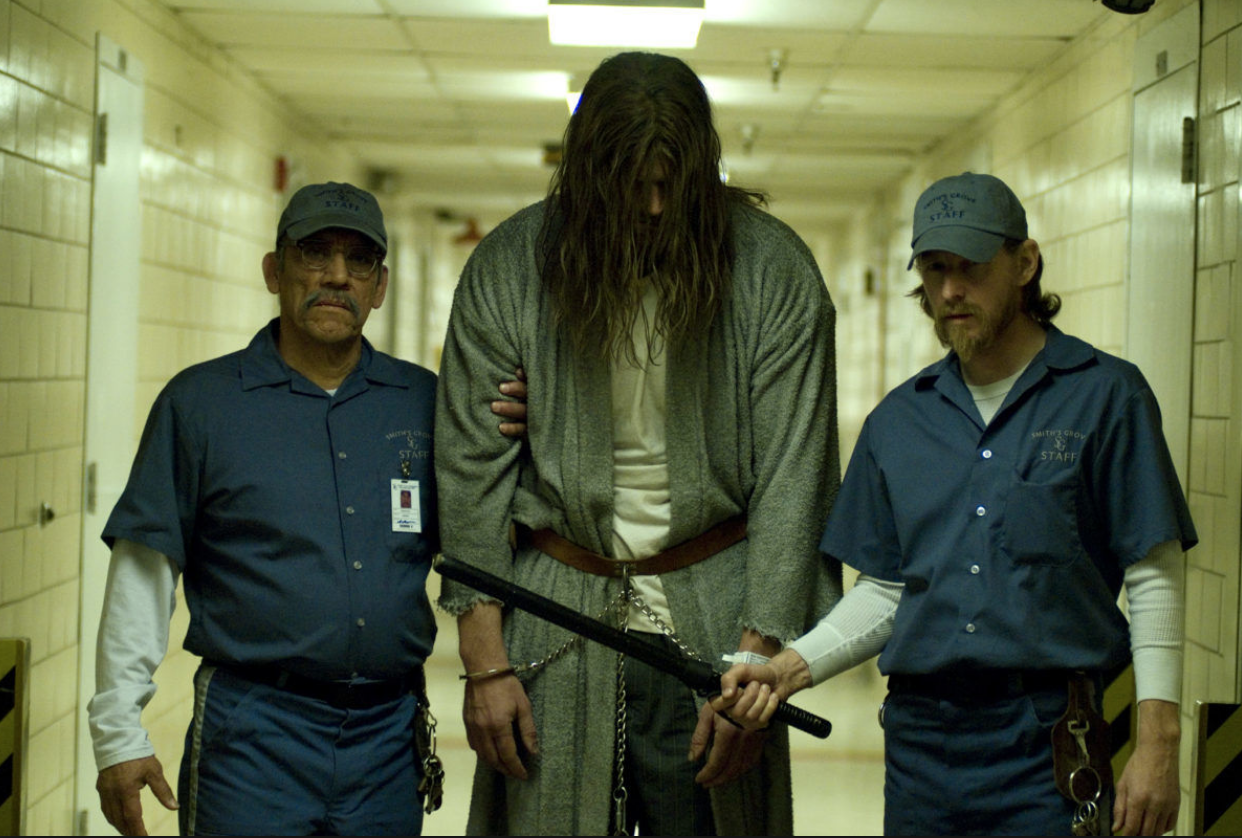
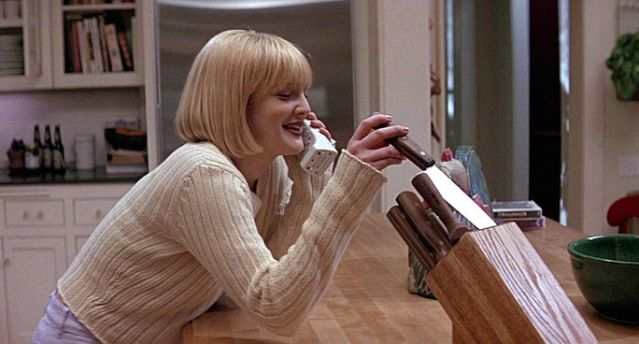
HALLOWEEN
Articles
What is not real can be felt into being: affective threat in Jordan Peele’s Get Out
By Emma Train
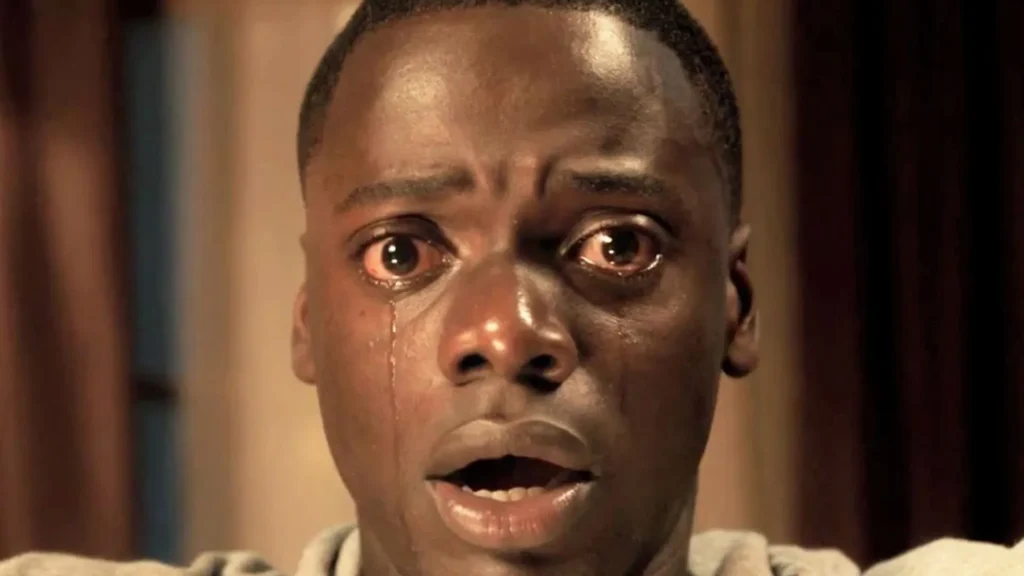
The Jewish Cronenberg: a cinema of therapeutic disintegration
By Adam Lowenstein
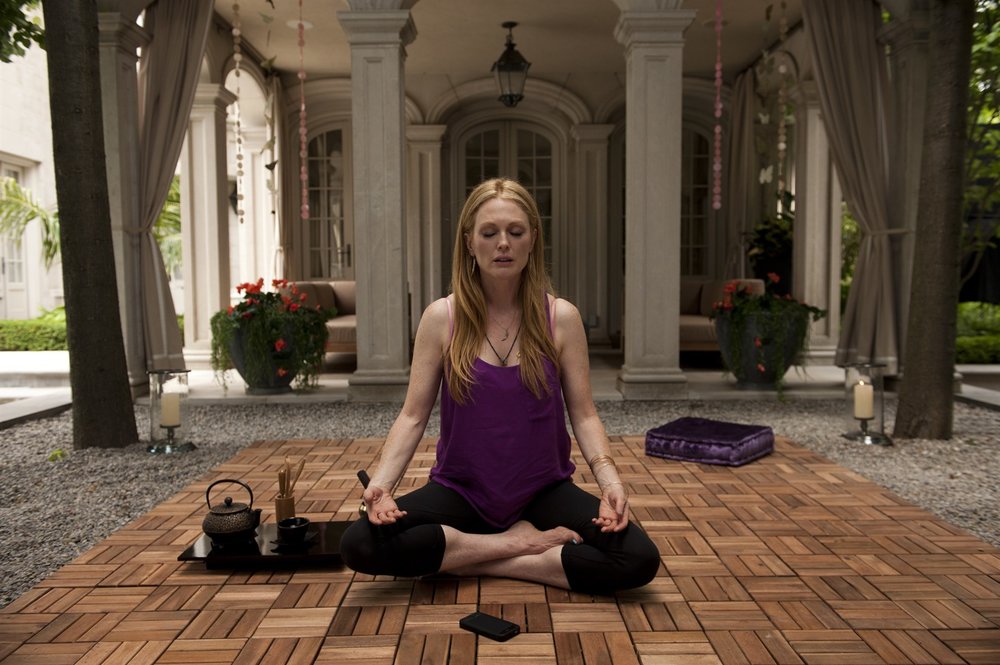
‘It’s not really a cat’: Art, media, and wildness in Cat People (1942, 1982)
By Alex Zivkovic
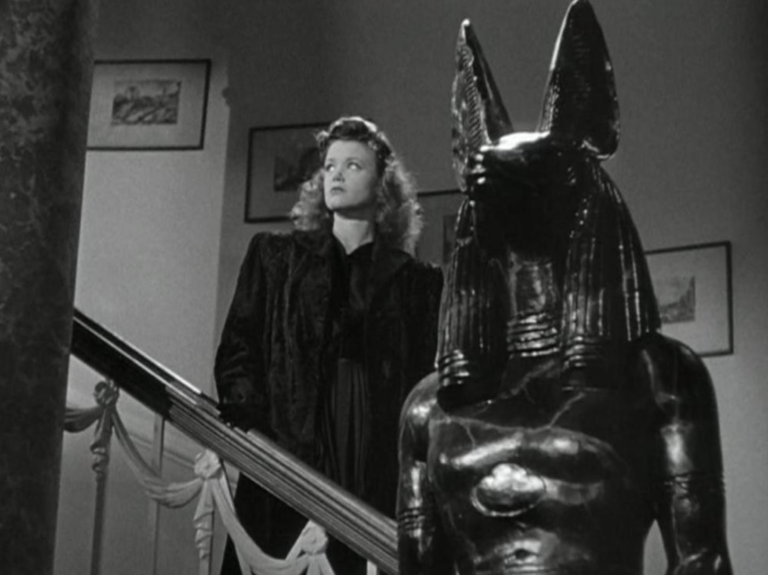
Precious footage of the auteur at work: framing, accessing, using, and cultifying Vivian Kubrick’s Making the Shining
By Kate Egan
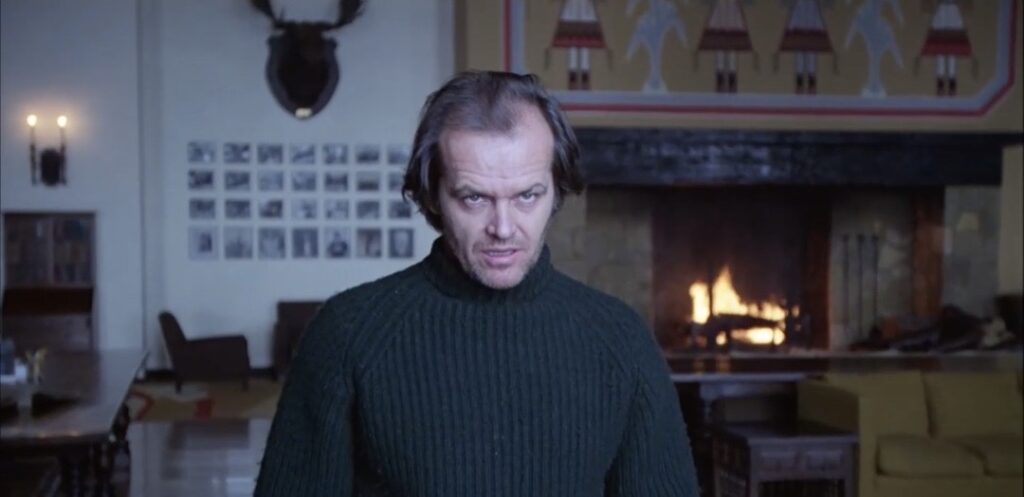
‘Re-imagining’ the canon: examining the discourse of contemporary horror film reboots
By Joe Tompkins
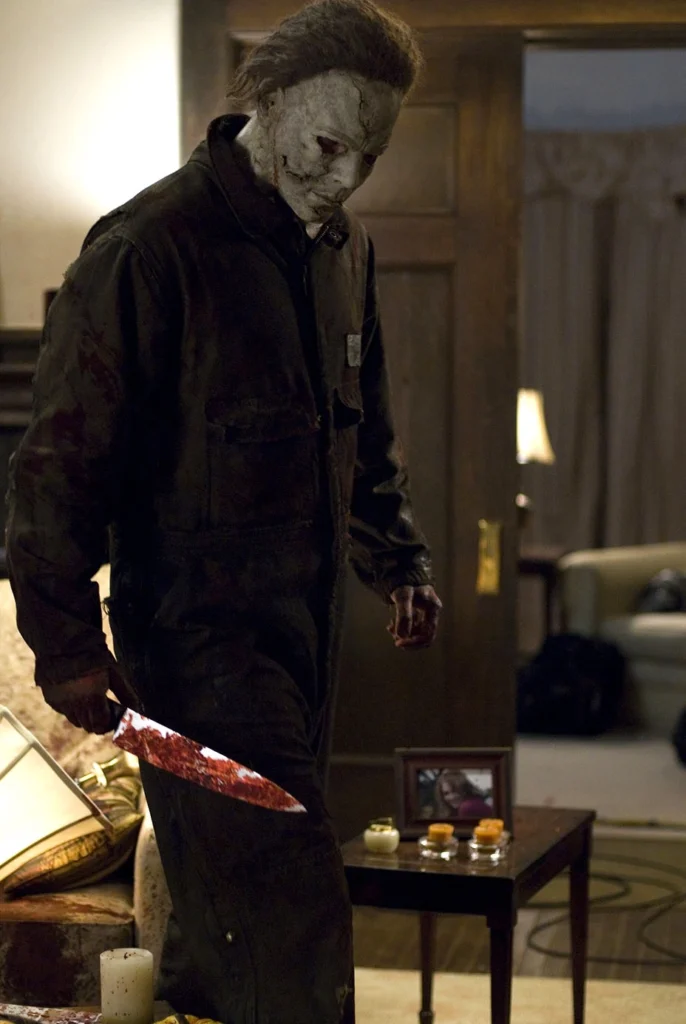
CINEMA AS SECOND SKIN: Under the membrane of horror film
By Tarja Laine
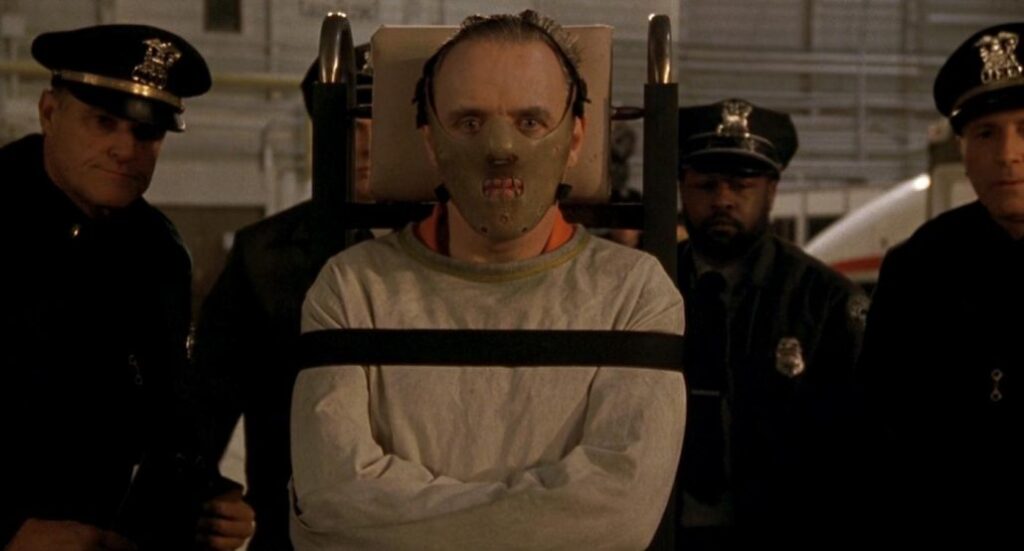
‘Look Out Behind You!’ Grounding suspense in the slasher film
By Maarten Coëgnarts and Miklós Kiss
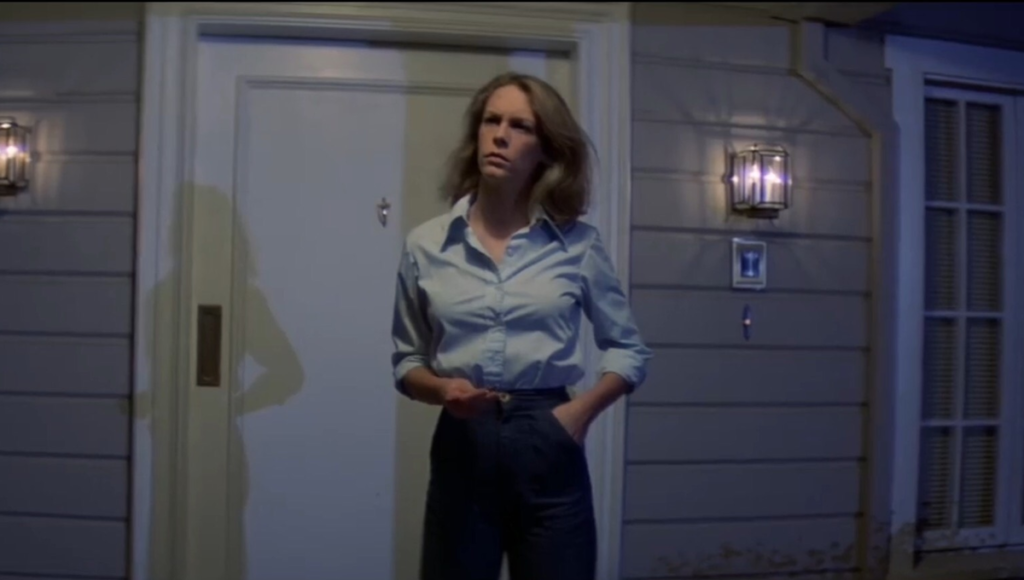
‘Thrills and chills’: horror, the woman’s film, and the origins of film noir
By Mark Jancovich
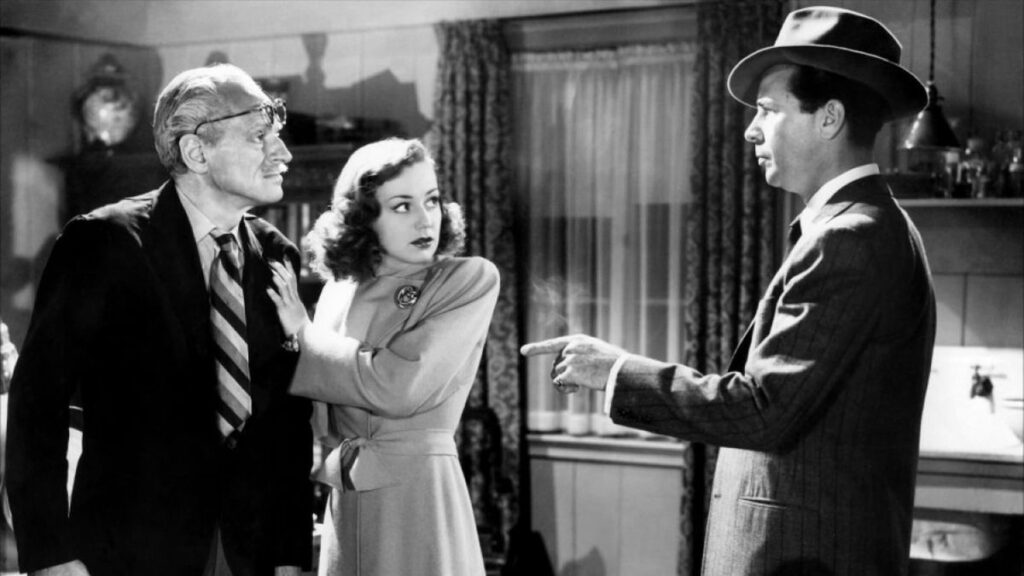
Rethinking genre studies through distribution analysis: issues in international horror movie circuits
By Ramon Lobato and Mark David Ryan
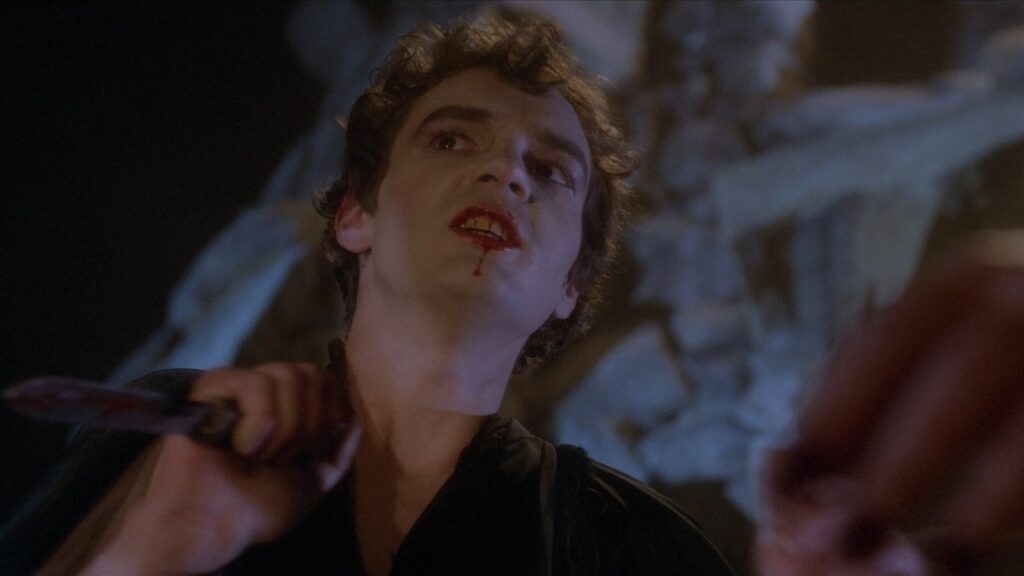
Dead, but still breathing: the problem of postmortem movement in horror films
By David Scott Diffrient

Poetics of early Hammer horror films: a statistical style analysis
By Jonathan Olliver

Activist horror film: the genre as tool for change
By Johnny Walker

‘From grade B thrillers to deluxe chillers’: prestige horror, female audiences, and allegories of spectatorship in The Spiral Staircase (1946)
By Tim Snelson
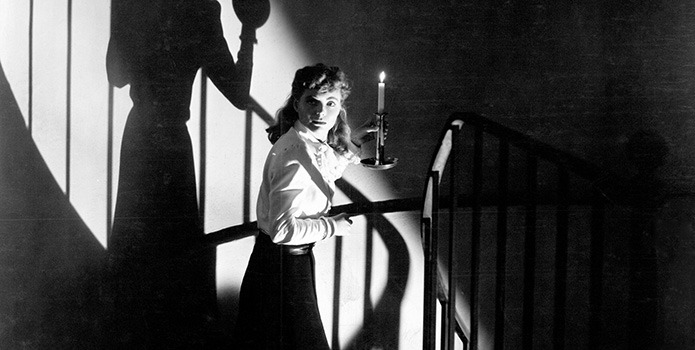
Commodity horror: Videodrome and the industrialisation of Canadian culture
By Harry Warwick
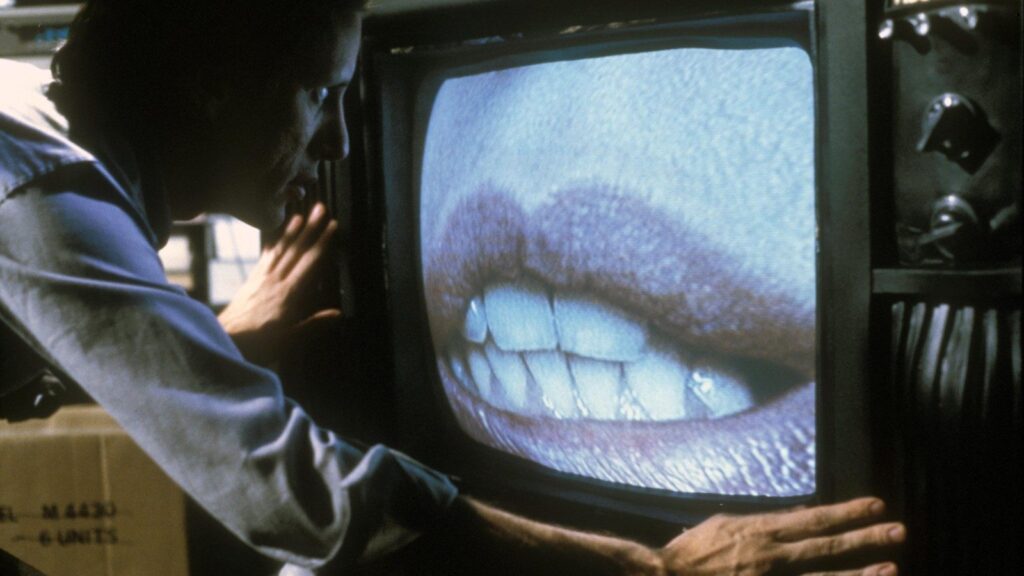
The feminine appeal of British horror cinema
By Alison Peirse
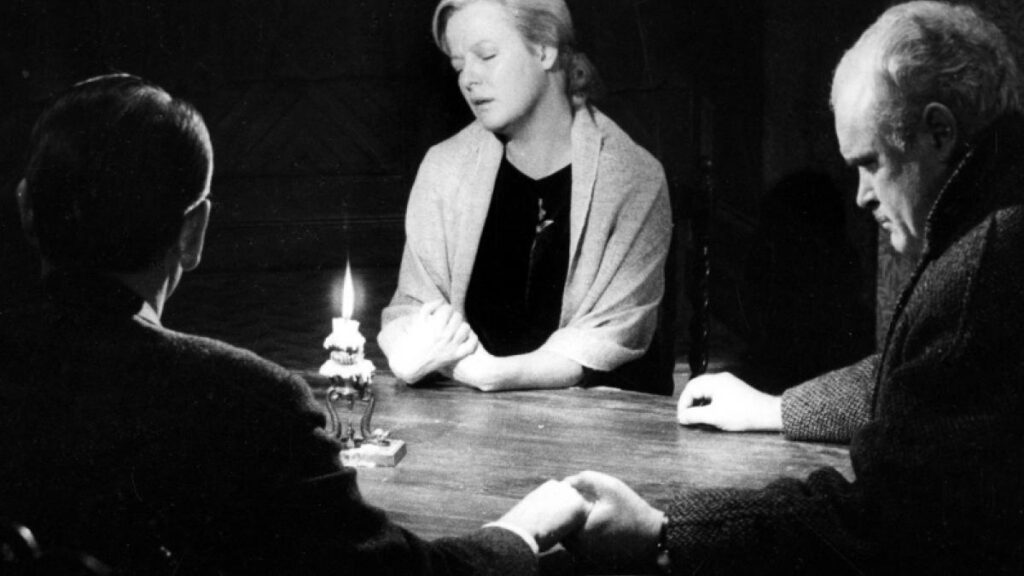
Get Out and the legacy of sundown suburbs in post-racial America
By Elizabeth A. Patton
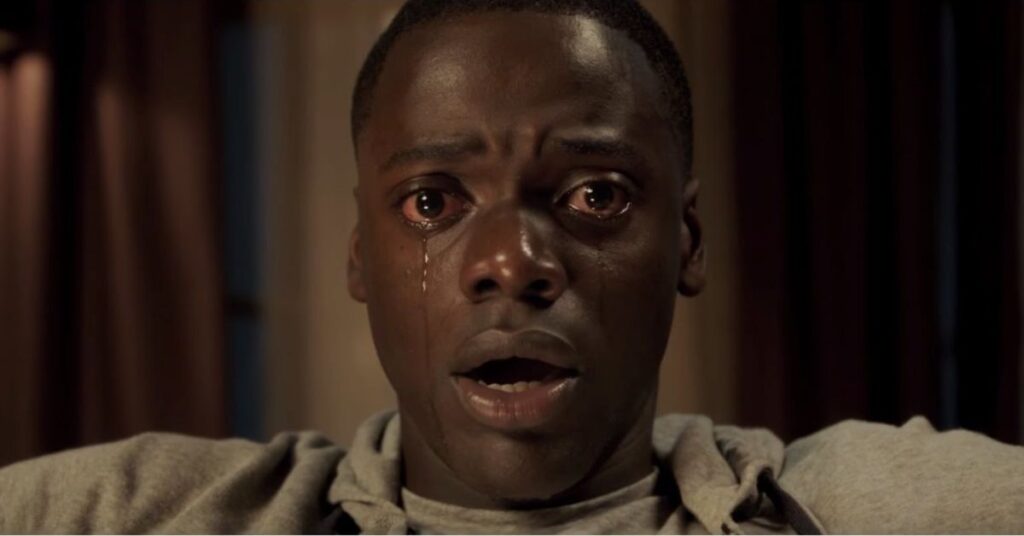
Losing control: Until Dawn as interactive movie
By Tanine Allison
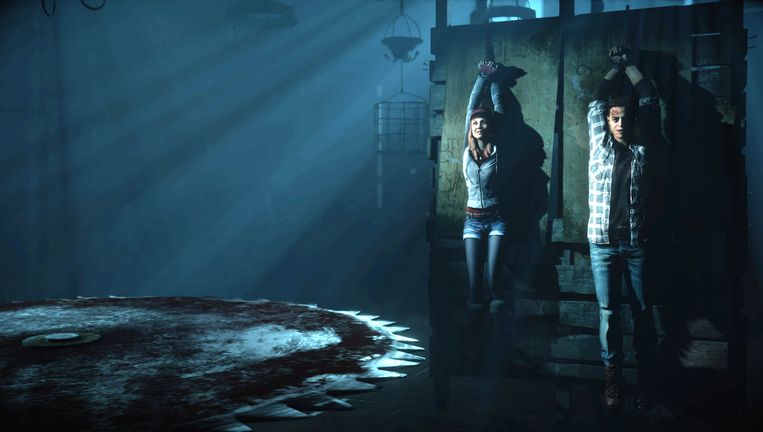
Cronenberg’s anesthetics (virtual flesh)
By Timothy Holland

Creeping decay: cult soundtracks, residual media, and digital technologies
By Jamie Sexton
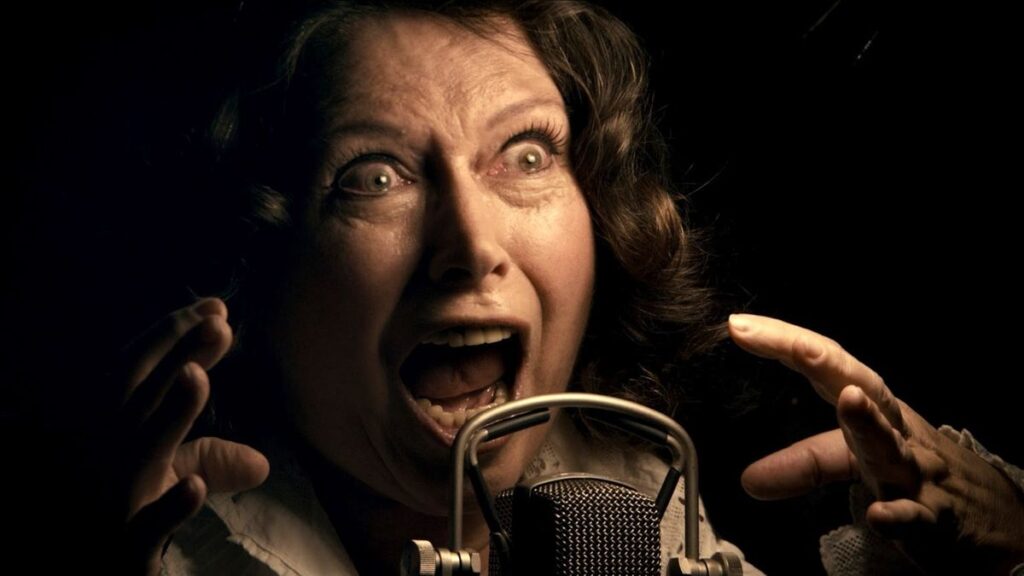
Hold me, thrill me, kiss me, kill me: the ambivalent queer of post-network television
By Andrew J. Owens
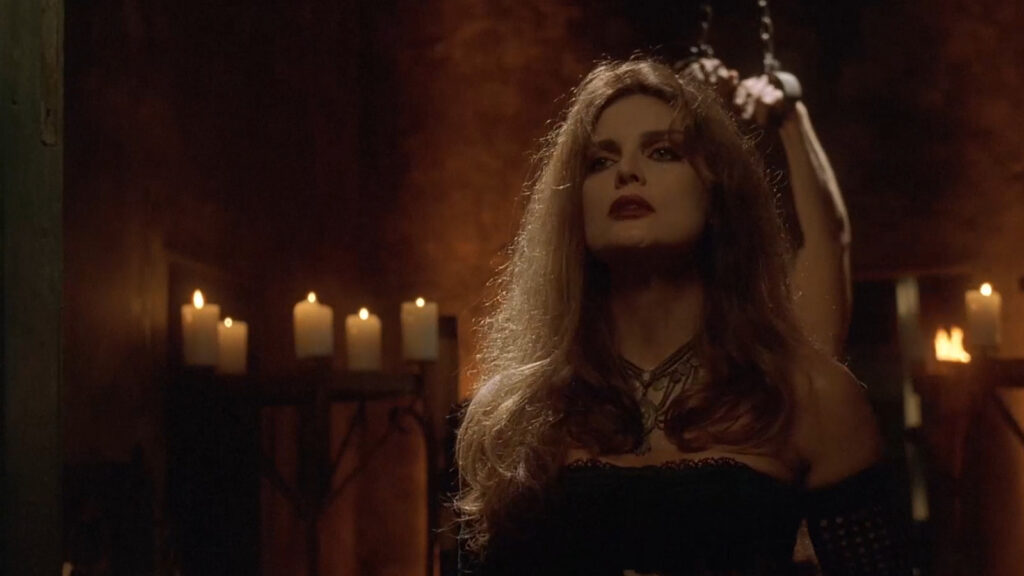
Dis/liking disgust: the revulsion experience at the movies
By Julian Hanich
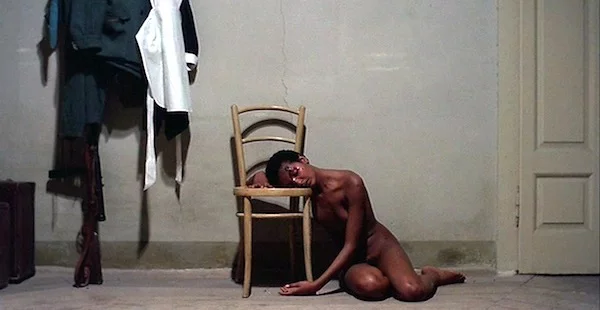
Theatre of thrills: the culture of suspense
By Frank Krutnik
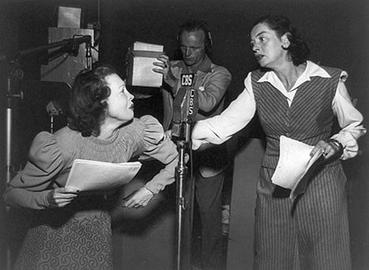
Blog
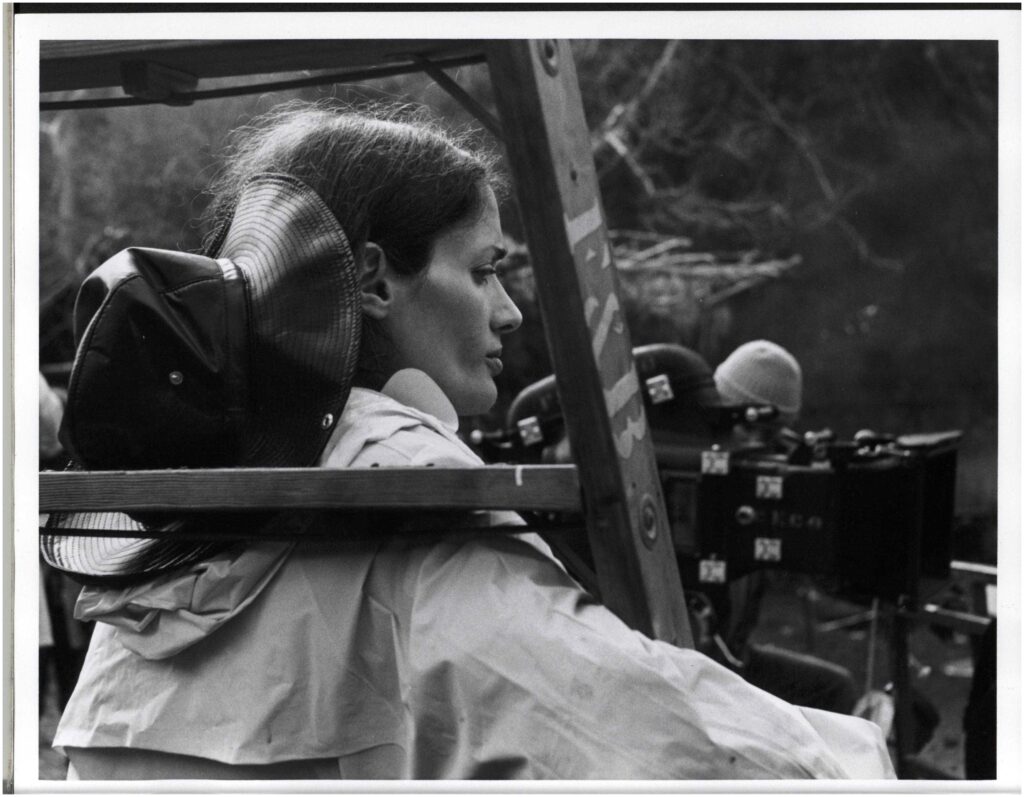
The Bind of Exceptional Women: Alicia Kozma in Conversation on the Cinema of Stephanie Rothman
With Alicia Kozma and Maya Montañez Smukler
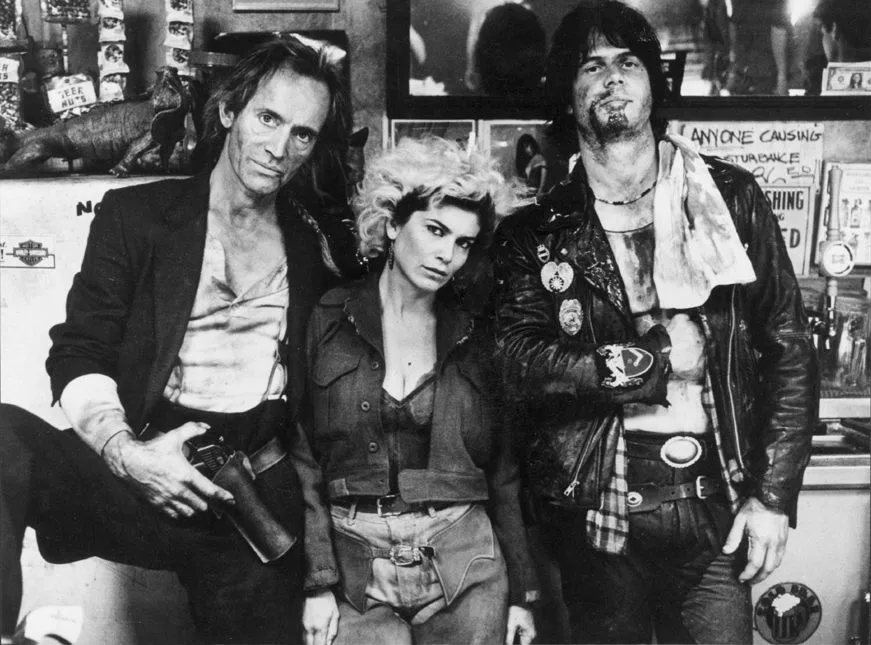
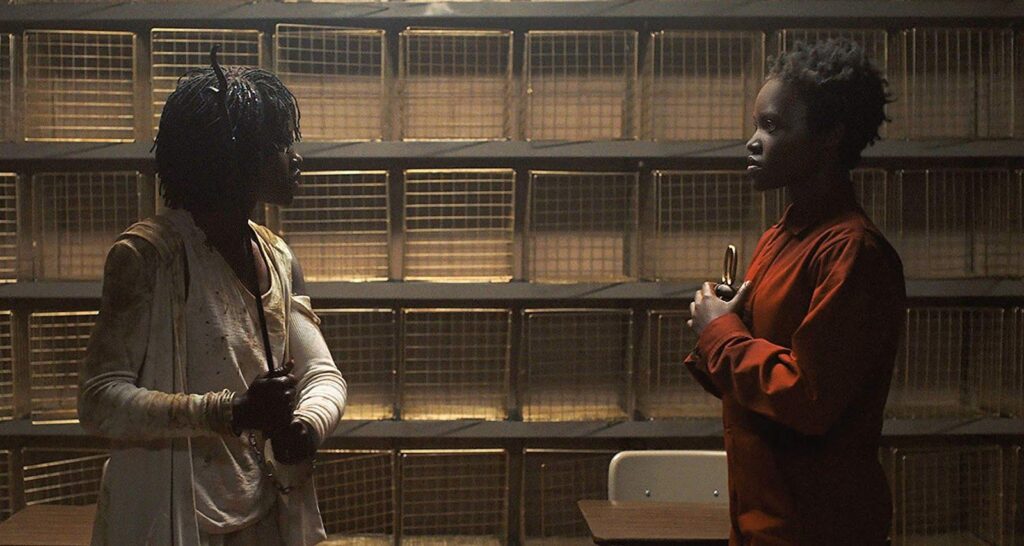
“Now Is the Time of Monsters”: A Roundtable on Contemporary Horror
With Amanda Howell, Patricia Pisters, James Rendell, Emma Train, Johnny Walker, Harry Warwick, and Brandon West
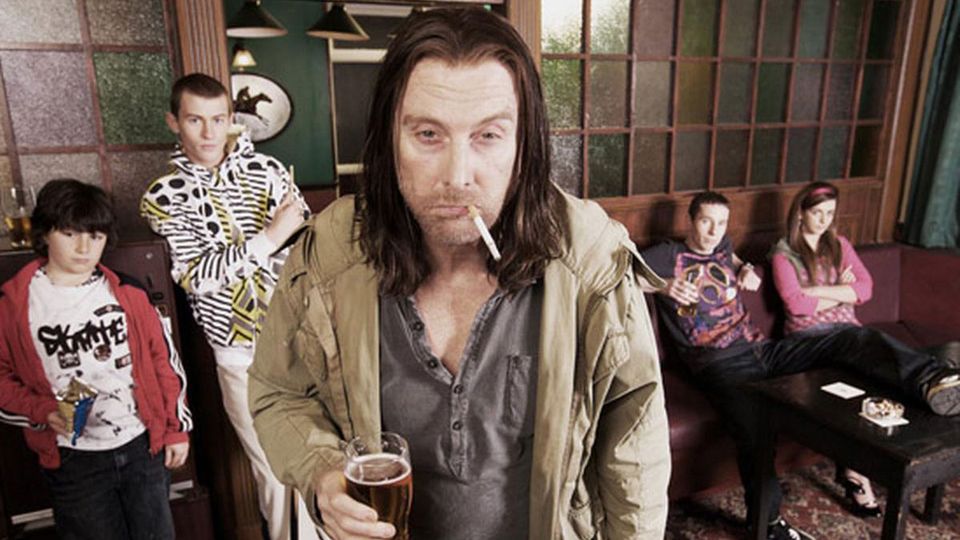
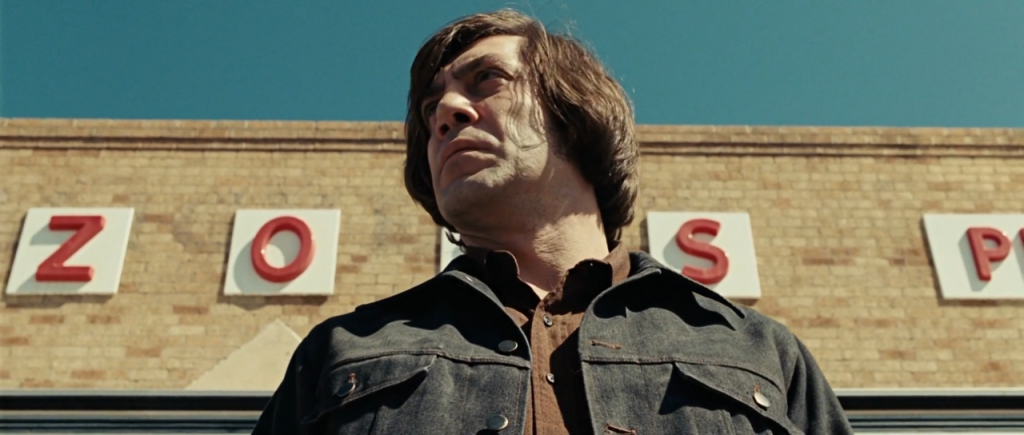
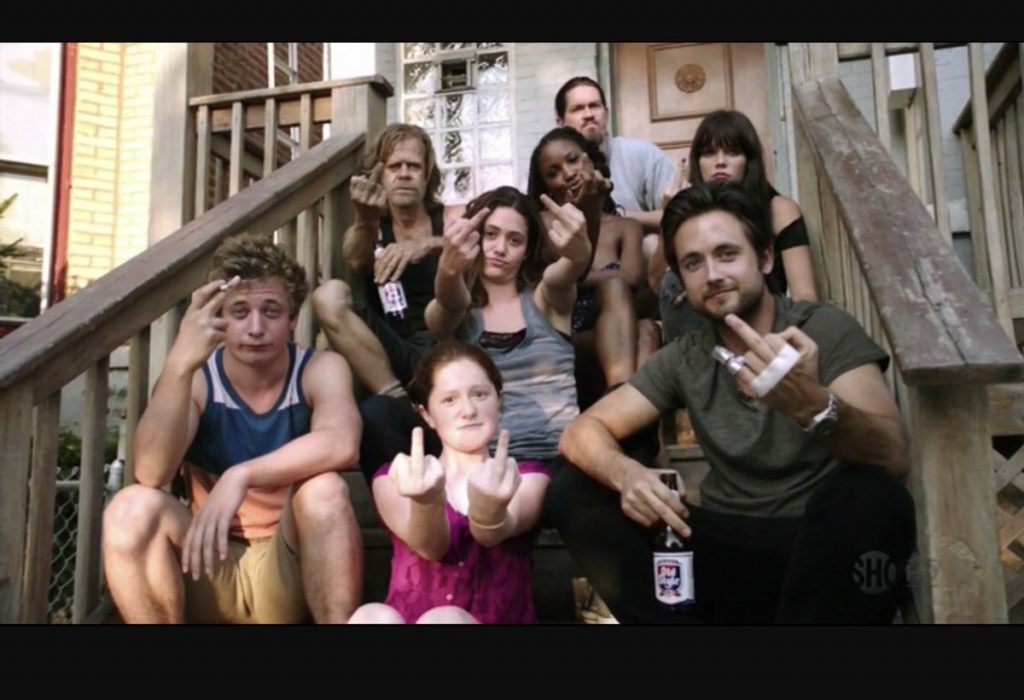
Father’s Day
‘Principles that transcend drugs or money or anything like that’: the monstrosity of morality in No Country for Old Men
By Michael Williams
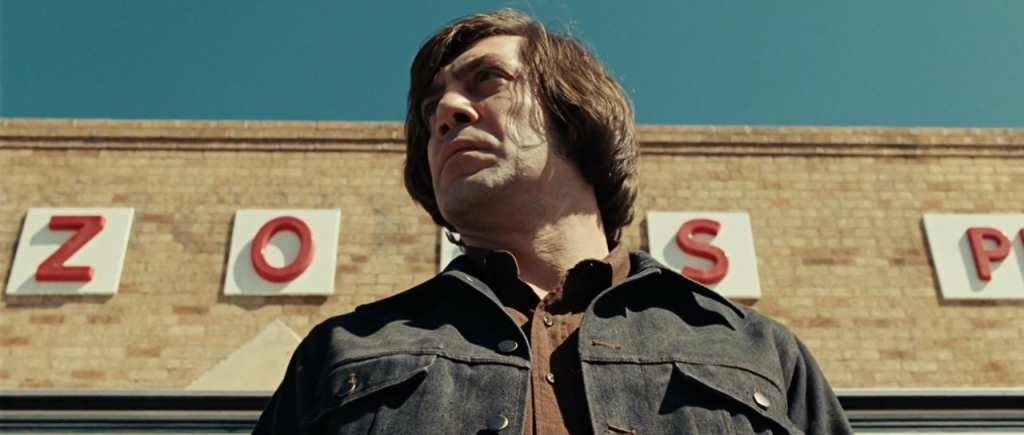
Nostalgically man dwells on this earth: objects and domestic space in The Royal Tenenbaums and The Darjeeling Ltd
By Stefano Baschiera
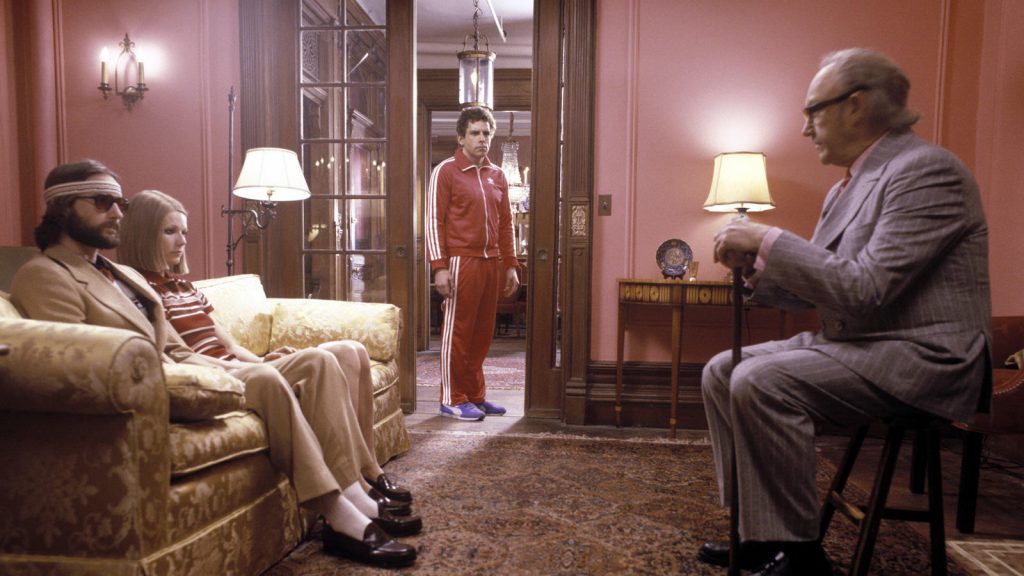
Transmitting culture transnationally: the characterisation of parents in the police procedural
By Rosanne Welch

Shameless, the push-pull of transatlantic fiction format adaptation, and star casting
By Simone Knox

‘The truth is out there! Not!’: Shameless and the moral structures of contemporary social realism
By Glen Creeber
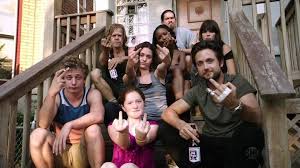

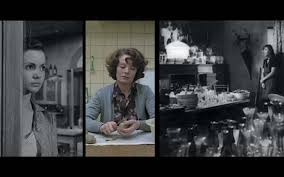
Mother’s Day
The dubious logic of sacrifice: motherhood, crisis, and social reproduction in Advantageous (2015)
By Linda Ai-Yun Liu
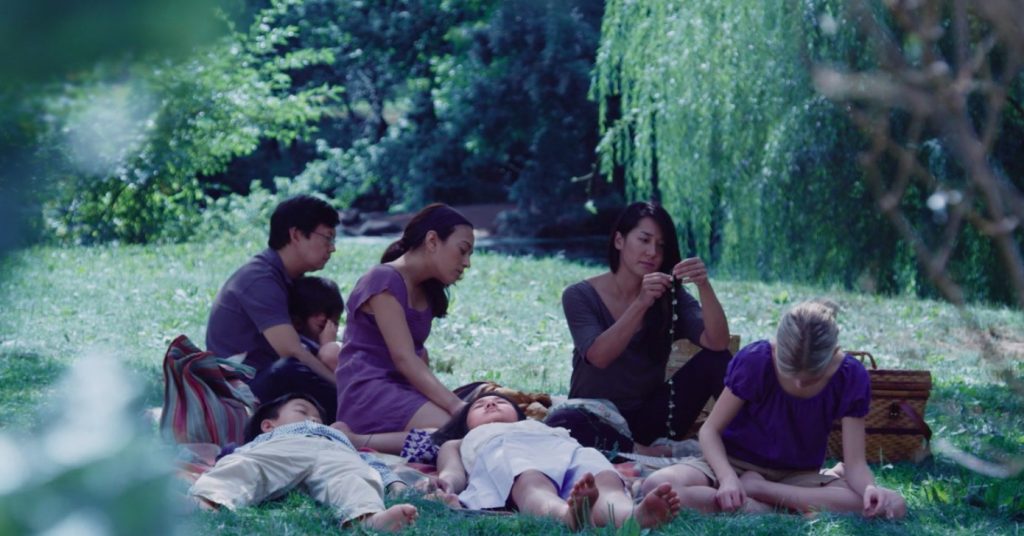
From screen to stage: Almodóvar’s All About My Mother
By Gwynne Edwards

‘I’m not your mother!’: maternal ambivalence and the female investigator in contemporary crime television
By Amanda Greer

Torlasco’s “Philosophy in the Kitchen”: image, domestic labor, and the gendered embodiment of time
By Olivia Landry & Christinia Landry
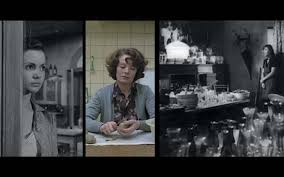
ROSH HASHANAH
‘He’s very good at work not involving little creatures, you know’: Schindler’s List, E.T., and the shape of Steven Spielberg’s career
By Peter Krämer

The Jewish Cronenberg: a cinema of therapeutic disintegration
By Andrew Lowenstein

A Pitch of Polemics: Stanley Cavell and the Sound(s) of Scholarship (Open Access!)
By Kyle Barrowman
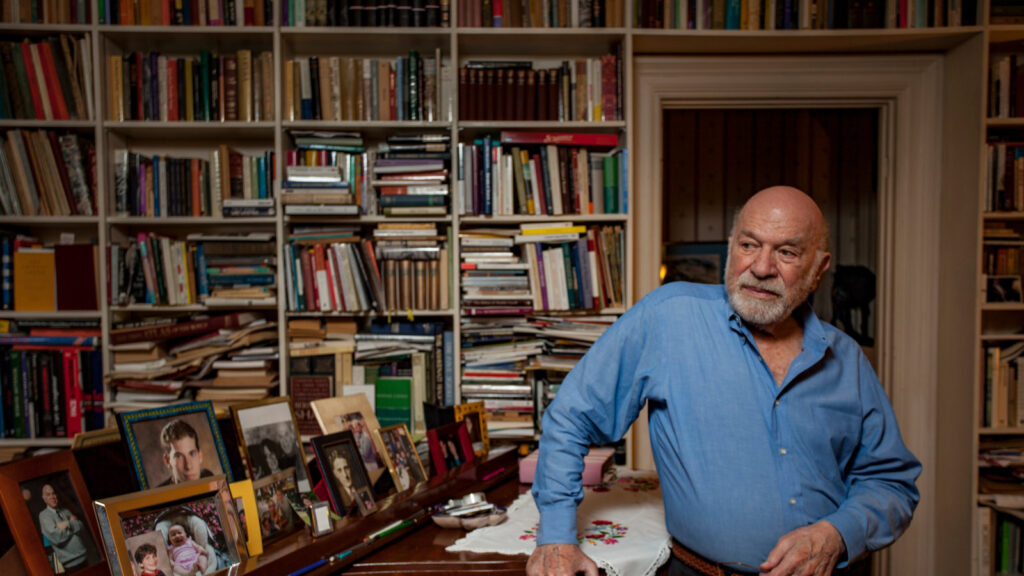
Something Wilder: Noah Isenberg and Isabelle Freda in conversation on ‘Billy Wilder on Assignment’ (Open Access!)
Interviewed by Isabelle Freda
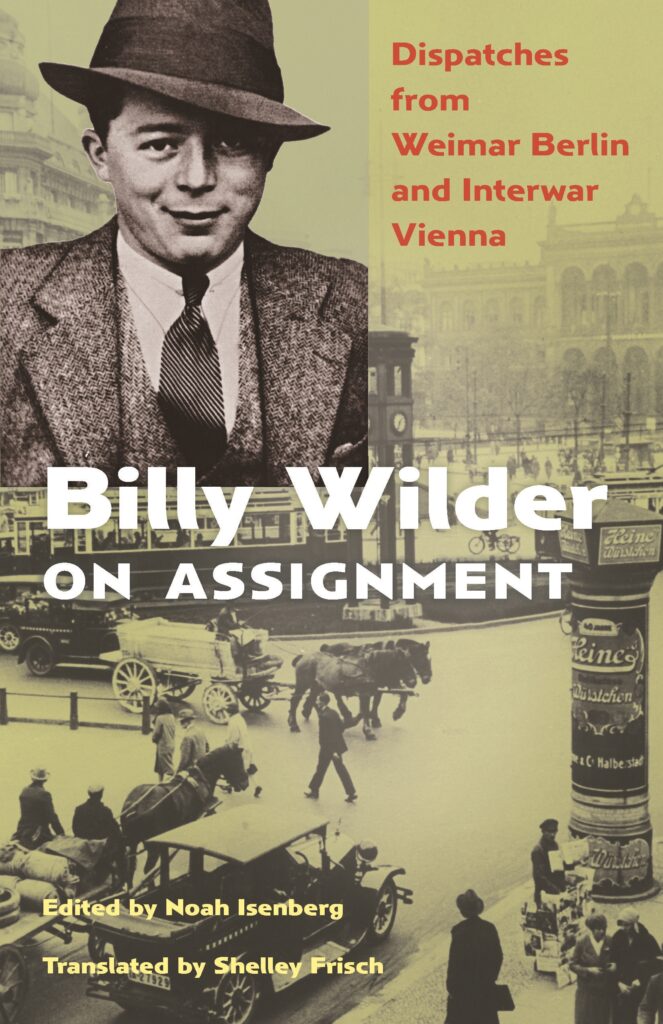


ST. PATRICK’S DAY
Striking a balance between culture and fun: ‘quality’ meets hitman genre in In Bruges

By Geoff King
Excerpt: “It is tempting to suggest that the different qualities of In Bruges might be mapped onto the US/Anglo-Irish or European dimensions of the film, the former tending to be associated more strongly with popular genre productions, the latter, particularly as experienced in the US market, with the quality sector. This would be an oversimplification, of course, not least in the context of existing British crime/gangster traditions. Some such geographically oriented distinction is mobilised within the film itself, however, in what can be taken to be distinction-marking gestures, opposed to certain understandings of what is signified by ‘America’. These include the presence of a group of comically overweight American tourists, with whom Ray tangles in the early stages, and Ken’s comment to Jimmy, after learning that he is from the USA, to ‘try not to say anything too loud or crass’.” Read the full article here
‘I’m not your mother!’: maternal ambivalence and the female investigator in contemporary crime television

By Amanda Greer
Excerpt: “Though these varied definitions add to postfeminism’s ambiguity, some traits appear standard throughout discussions of the movement, as encompassed by Tasker and Negra’s definition: ‘[P]ostfeminist culture emphasizes educational and professional opportunities for women and girls; freedom of choice with respect to work, domesticity, and parenting; and physical and sexual empowerment.’ This laundry list seems impossible to obtain – therein lies the conflict surrounding postfeminism. Women are told they can ‘have it all,’ but ultimately are shown that marriage – and, subsequently, motherhood – should take precedence over a career.” Read the full article here
Shameless, the push-pull of transatlantic fiction format adaptation, and star casting
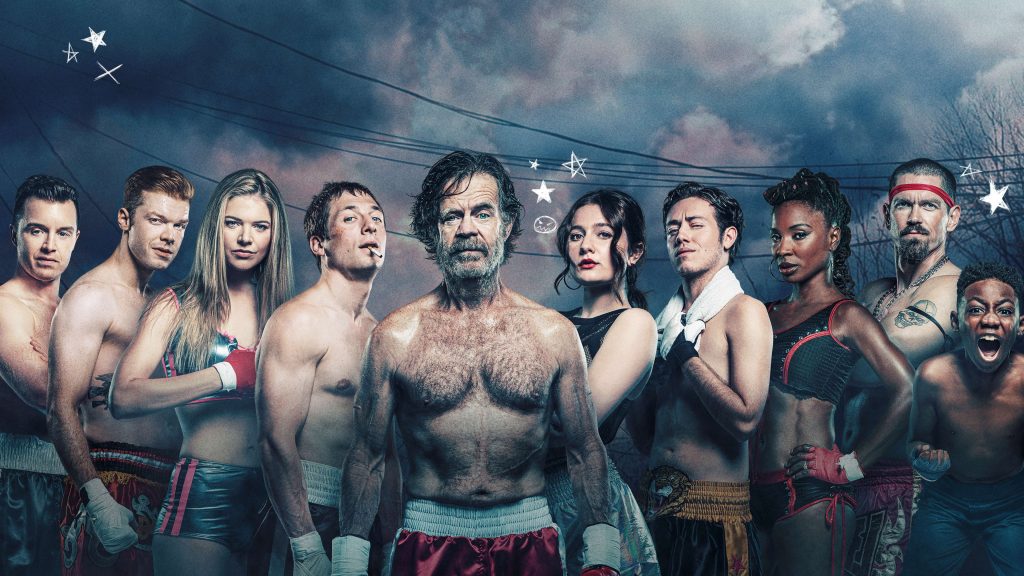
By Simone Knox
With the state and wider social structures thus marginalised, Shameless USA locates failure on the level of the individual, which chimes with American Dream discourses. This particular ideological displacing of attention is encapsulated in comments made by Showtime president Nevins, who has insisted that Shameless USA is ‘less about the working class nature of the show and more about how it stares alcoholism in the face’ (cited in Rochlin 2011, AR.7).
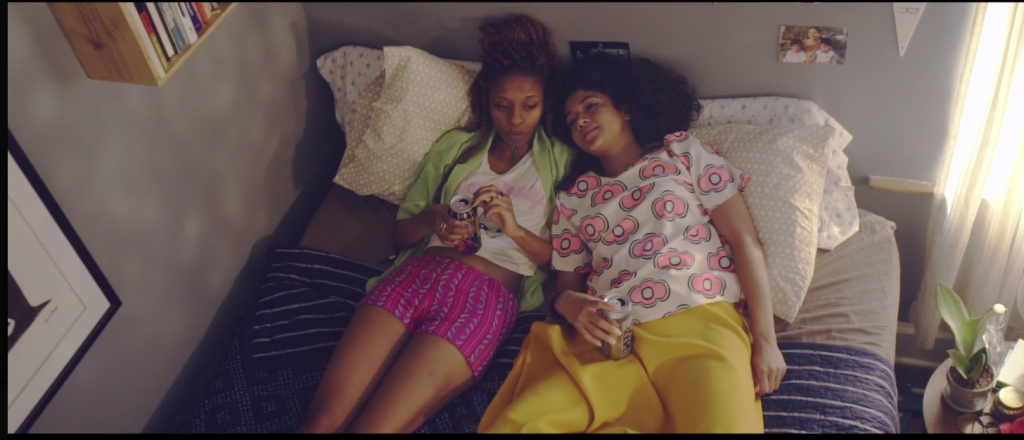

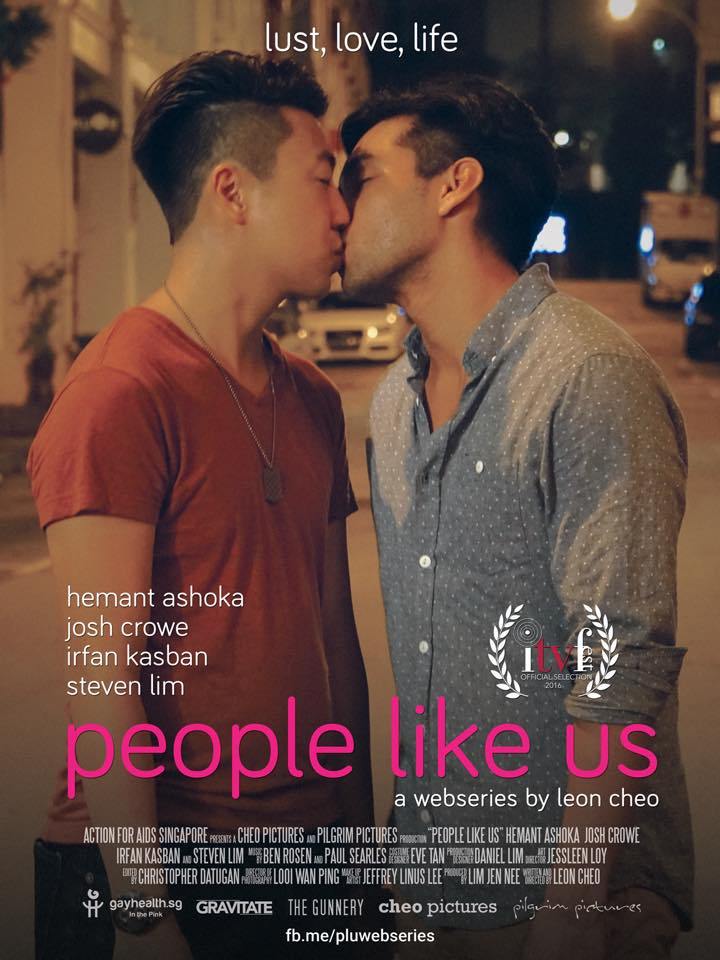
Valentine’s/Galentine’s Day
Articles

“Radical rom-com: not an oxymoron“
By Maria San Filippo
Excerpt: “Rounding out this special issue are three additional essays that further indicate just how far-flung – geographically and ideologically – romantic comedy’s borders continue to be. Rom-com’s recent reincarnation in the form of the web series takes advantage of the industrial and ideological latitude of online platforms to voice an alternative feminist, queer politics largely absent from mainstream and ‘gaystream’ film and television, as our next three contributors deftly demonstrate.” Read the full free access article here
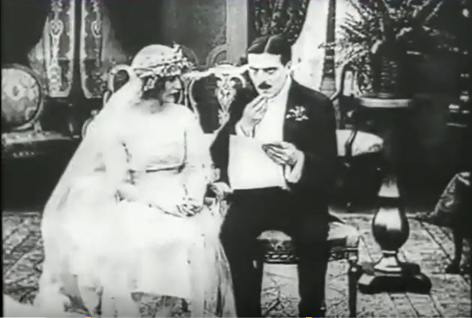
“Evidence to the contrary: matrimony & legal interventionism in silent divorce comedies“
By Leslie H. Abramson
Excerpt: “Captivated by the vagaries of romance, American silent cinema was smitten from the beginning with the narrative possibilities of not only attraction but the gamut of ensuing legal entanglements. Within the contrapuntal dramas of courtship and discord, devotion and infidelity, matrimony and separation lay steadfast engrossment with the hazards of obligation decreed by the marriage contract and the prospects of the union’s lawful termination.” Read the full article here

“Romantic comedy and the virtues of predictability“
By Kyle Stevens
Excerpt: “But happiness in the cultural imaginary is not just bound up with romantic love (symbolized until very recently as marriage between one male and one female). It is also erotic. Sex is commonly the action implied to confirm the presence of romantic affection. Hence, being a good citizen entails the duty of being happy within romantic and erotic love. Joshua Foa Dienstag writes that ‘the fundamental political problem [in the U.S. is] that the mobility of eros is incompatible with the political need for institutional stasis,’ because of eros’s unpredictability and penchant to transform over time.” Read the full article here
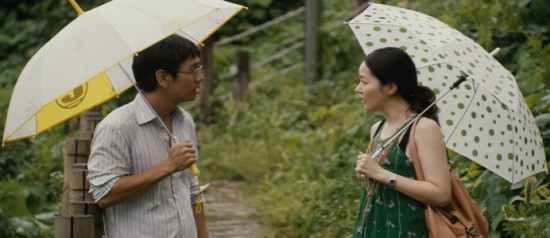
“The awkward truth: failure to romance and the art of decoupling in the films of Hong Sang-soo“
By Sueyoung Park-Primiano
Excerpt: “It is not surprising, then, to find film critic Tony Rayns decry the ‘lazy’ comparison with Rohmer, and offer up Alain Resnais instead as the better match for Hong’s ‘relish of social embarrassments.’ As such, Hong’s characters’ unsettling experiences are more likely to trigger repression than fond remembrance, and, frustratingly, they rarely overcome their narcissism to be capable of change or growth, despite being confronted by moments of exposure and flashes of self-awareness. In this way, Hong’s characters disrupt audience identification and fail to elicit any deep-felt compassion from viewers who are unceremoniously abandoned to pick up the pieces of the fractured narratives on their own and vicariously learn from the characters’ misadventures.” Read the full article here
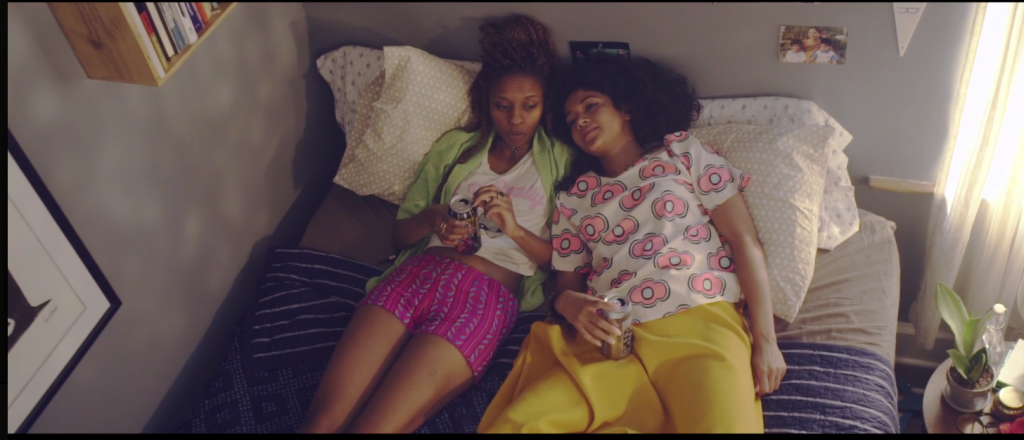
“Romantic female friendships as resistance: subversive web series in the United States and India“
By Molly Bandonis & Namrata Rele Sathe
Excerpt: “In her chapter of Bad Feminist titled ‘How to Be Friends with Another Woman,’ Roxane Gay’s first step instructs readers to ‘abandon the cultural myth that all female friendships must be bitchy, toxic or competitive,’ because, though insidiously attractive ‘like heels and purses,’ this myth functions as a containment strategy. This myth comes as little surprise when measured against mediated images of female friendships; charting this history reveals decades of embedded anxieties surrounding heterosexuality and capitalism. Western literature traditionally dictates a heroine’s journey according to a conventional marriage plot or a tale of eroticism; neither formula leaves room for independent homosocial bonding. In film, iterations of this bonding quickly adapt to social fixations on heterosexual coupling: either friends are warring in competition over men, or are in a safely non-competitive relationship modeled after mother-daughter closeness or with(in) a lesbian (sub)text.” Read the full story here.

Rom-com without romonormativity, gays without homonormativity: examining the People Like Us web series
By Eve Ng
Excerpt: “A rather different romantic comedy narrative set in Singapore had been produced a couple of years earlier, though with a far lower profile. People Like Us (Leon Cheo, 2016-; hereafter PLU) depicts the gay1 dating scene, featuring two central relationships that are both interracial. Commissioned by an HIV/AIDS prevention organization to promote safer sex practices, it is a web series rather than a feature film. Thus, this paper examines PLU as a complex interrogation of the romantic comedy in terms of both its content and its conditions of production and consumption, arguing that it exemplifies how media texts outside the Hollywood sphere are redefining the genre in multiple ways.” Read the full article here
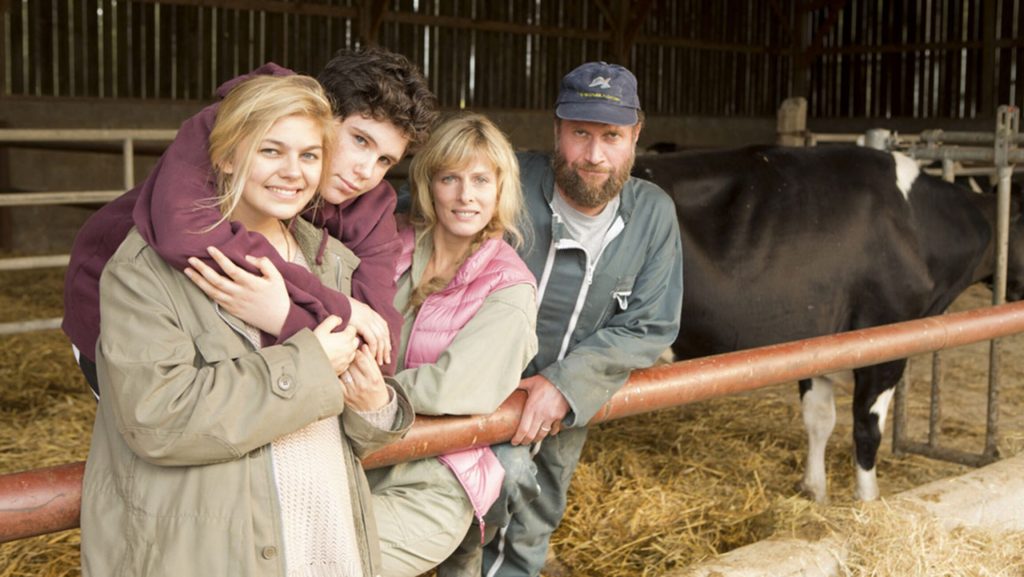
“’Money can’t buy me love’: radical right-wing populism in French romantic comedies of the 2010s“
By Mary Harrod
Excerpt: “Further, many of the drives La Famille Bélier reveals and appeals to are not merely nationalistic but inherently populist. The film is set in the Pays de la Loire-Brittany-Lower Normandy border region, historically associated with the right wing (although socialist influence has taken hold in Brittany since the 1970s and indeed the far right may be less entrenched there than elsewhere in France – notably in the North).3 Nostalgia is expressed by the diegetic centrality of the songs of Michel Sardou, adored by Paula’s singing coach (Éric Elmosisno). This is particularly remarkable since his character is portrayed as having been forced to take a job in what he sees as a rural backwater, after the glories of Paris.” Read the full story here
Blog
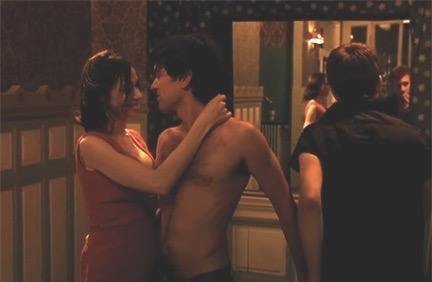
George Cunningham’s review of David A. Gerstner’s Queer Imaginings: On Writing and Cinematic Friendship (Wayne State University Press, 2023)
Diana W. Anselmo and Maggie Hennefeld on A Queer Way of Feeling: Girl Fans and Personal Archives of Early Hollywood (UC Press, 2023)
